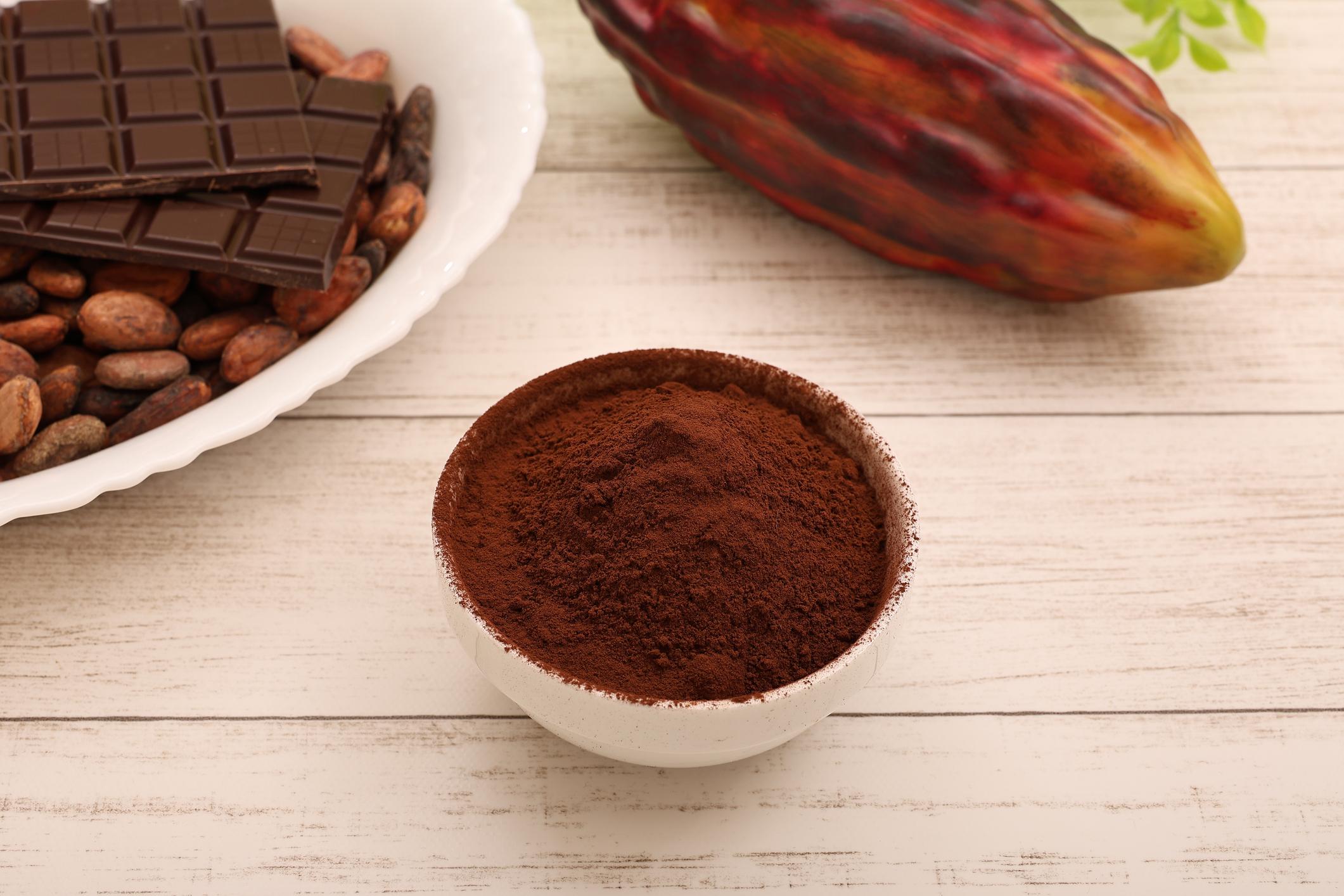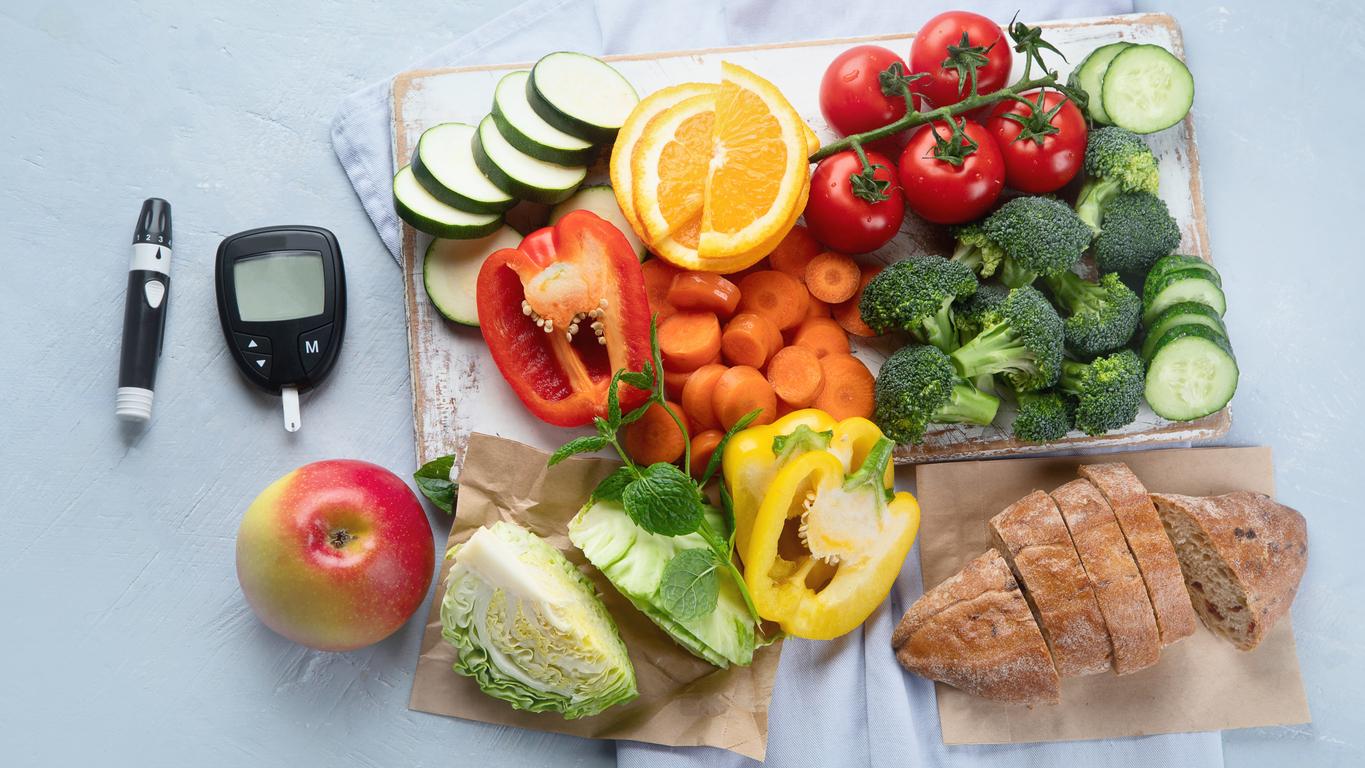Ultra-processed foods would increase the risk of relapse of heart attack or stroke for people already suffering from cardiovascular disease. For migraine sufferers, the chemicals used in processed foods could trigger severe headaches.

- Ultra-processed foods are sugary and carbonated drinks, prepared meals, spreads and other products such as crackers, breakfast cereals, crackers or even fruit yogurts.
- There is a 60% higher risk of a second heart attack or stroke in those who eat too much ultra-processed food.
- These products lead to an abnormal release of glutamate in the spaces between neurons triggering a wave of activity that the researchers compare to “a tsunami”.
Ultra-processed foods are a scourge for health. Two studies recently published in scientific journals highlight heart and brain damage from this type of food. In particular, they indicate that despite the fact that a person is otherwise following a Mediterranean diet, consuming too many ultra-processed foods poses health risks.
An increased risk of premature death
Early research suggests that eating ultra-processed foods increases the risk of stroke recurrence and heart attacks for patients who have previously suffered from cardiovascular disease. In the study, published November 30 in theEuropean Heart Journal, the researchers followed 1,171 people for more than ten years. Each participant already had cardiovascular disease at the start of the study. Researchers have observed the link between the risk of relapse and ultra-processed foods such as sugary and carbonated drinks, prepared meals, spreads and other products such as crackers, breakfast cereals , crackers and fruit yogurts.
The results pointed to a 60% higher risk of a second heart attack or stroke in those who ate too much ultra-processed food. The risk of premature death from any cause is also higher, about 40%.
“It is important to emphasize that the definition of ultra-processed foods is not linked to the nutritional content, but rather to the process used for its preparation and conservation, says Marialaura Bonaccio, first author of the study. In other words, even if a food is nutritionally balanced, it can still be considered ultra-processed. Clearly, it is not the only food consumed occasionally that makes the difference, but rather a diet that, as a whole, contains too many products from the supermarket shelves..”
A release of glutamate
The second study, published in the journal Neuron, believes that the chemicals contained in ultra-processed foods lead to the appearance of violent and brutal migraines. These products cause an abnormal release of glutamate into the spaces between neurons triggering a flurry of activity that researchers liken to “a tsunami”, causing violent migraines.
Normally, glutamate – a neurotransmitter – is released in reasonable amounts to help cells communicate with each other. Too much release damages brain cells. “It’s something newsays Dr. KC Brennan, professor of neurology at the University of Utah and corresponding author of the study. Glutamate plumes are a brand new migraine mechanism, and it’s a safe bet they play a role in other nervous system diseases.”
The researchers now want to directly test whether glutamate plumes are involved in other neurological disorders. This could lead to the development of better therapies.


.

















